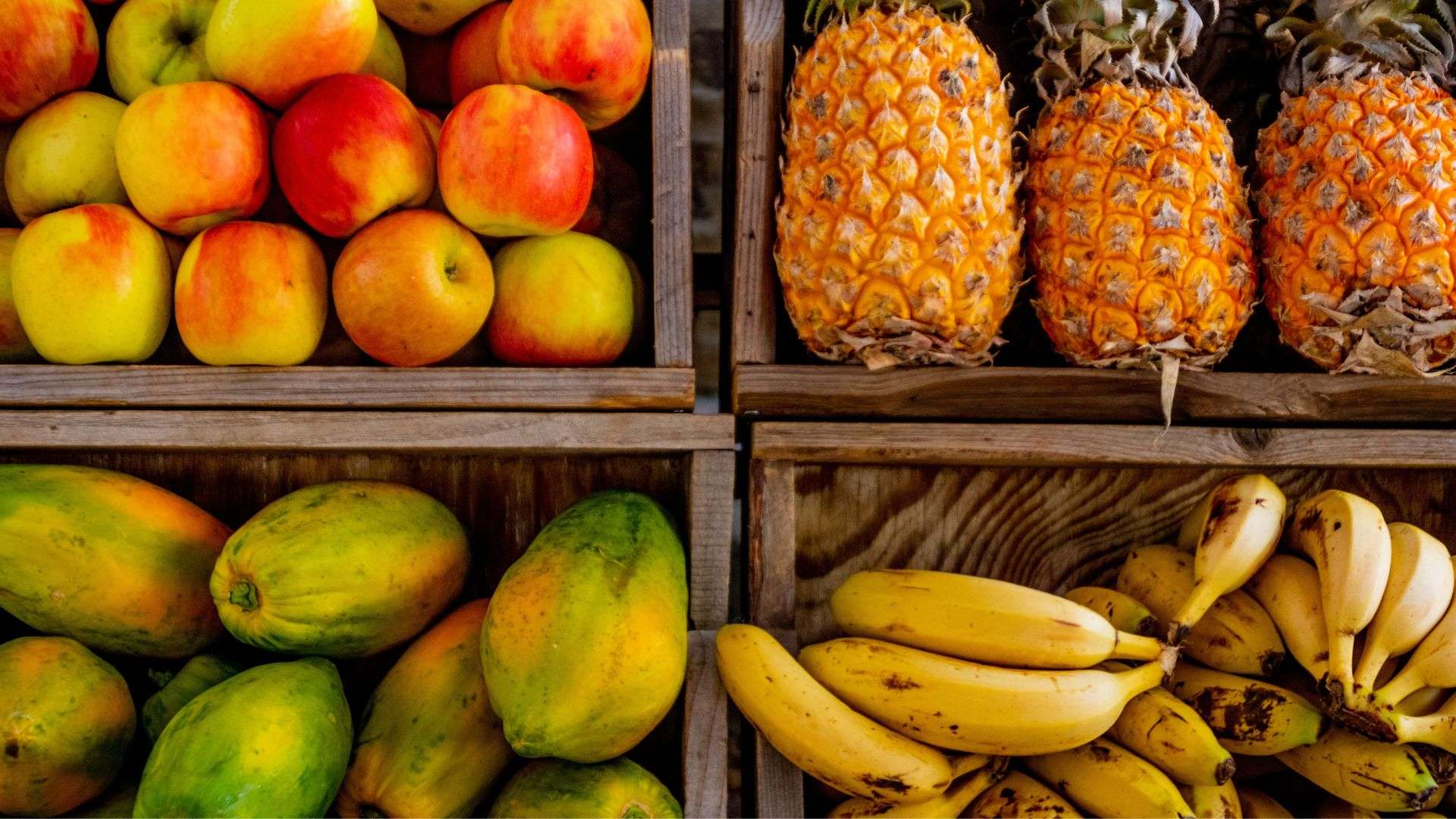The six seasons of nature gift us with six wondrous beauty of their kind. Summer means the morality of character with its wild hotness yet freshness. This sweet freshness comes through the abundance of Fruits and Foods. Summer is fabulously famous for its enriching collection of fruits that compensates for the dehydration of the human body.
Watermelon:
Watermelons are mostly water, about 92%, but have significant vitamin A, B6, and C levels and tons of lycopene, antioxidants, potassium, and amino acids. This delicious giant fruit helps to reduce blood pressure, abnormal increases in insulin, muscle soreness after exercise, dehydration, and many more. It has anti-cancer effects that remedy heart problems, inflammation, oxidative stress, skin problems, sight problems, and digestion issues.
In Bangladesh, Watermelons are in peak season from May through September. Around 27,000 acres in Bangladesh were used to cultivate watermelon in fiscal 2019-20. Farmers in Khulna, particularly the sandy coastal areas, were encouraged by last year’s results and began to develop watermelon on larger plots of land as it brought more profit than other traditional crops.
Strawberries:
Strawberries were used to treat many health conditions by making tonics and skin problems, teeth whitening, and digestive issues. Strawberries are also rich in fibre, Vitamin C, manganese, folate, potassium, and quercetin, a flavonoid present in strawberries that has anti-inflammatory benefits. This sweet fruit is essential for the heart, blood sugar regulation, and cancer prevention if someone doesn’t have strawberry allergies.
On a wintry November morning in 1996, Professor Monzur initiated the production of strawberries in the yard of his house in the Beldar Para area in the centre of Rajshahi city after coming back from Japan. He is the pioneer of this production in Bangladesh. According to Bangladesh Strawberry Association, around 6,500 bighas of land have been brought under strawberry cultivation this year.
Papaya:
Another great fruit to eat during summer is papaya, containing nutrients like Vitamin A and C, folate, beta-carotene, and various phytochemicals. Papaya is good for gastrointestinal health, improves skin, protects vision, aids digestion, supports heart health, weight-loss diet, and helps to prevent cancer.
Papaya production has almost doubled in the last five years. According to the Department of Agricultural Extension, in 2018-19, the show stood at about 9 lakh tonnes.

Cucumber:
Cucumbers are a very healthy, refreshing vegetable with a mild taste. For these reasons, they are excellent vegetables for juicing. They are anti-inflammatory, antioxidants with cancer prevention properties, and high in vitamins A, B, and C, which can boost the immune system, give energy, and make skin glowy. The fibre boost they give us helps to stay regular and avoid constipation. Vitamin K helps blood clot and keep bones healthy. Vitamin A helps with vision and reproduction. Putting them on the skin may help ease sunburn pain, swelling, and damaged skin.
Cucumbers are said to be most in season from early June through August. New farming of this Robi crop variety has opened in the suitable fertile soil of Agdia, Bichali, Cobra, Musuri, Mulia, Shaikhati, and at least ten adjacent villages of Sadar Upazila.
Pomegranate:
It is a colourful fruit with lots of nutrients, such as Carbohydrates, Sugar, Fiber, Calcium, Iron, Magnesium, Phosphorus, Potassium, Vitamin C, and Folate. Pomegranate has anti-cancer and antimicrobial properties, is rich in oxidants, reduces inflammation, cures heart or urinary problems, poor digestion, and has brain health issues.
Hundreds of vitamin-rich pomegranates are imported from China, India, Nepal, South Africa, and other countries to meet Bangladesh’s demand. But, the Chuadanga district has become successful in the commercial cultivation of pomegranates. Many educated unemployed youths have become interested in cultivating pomegranates.
Oysters:
Oyster mushrooms are amazing summer foods, containing calories, sodium, carbohydrates, fibre, protein, sugar, niacin, folate, Vitamin B6, thiamin, phosphorus, potassium, copper, iron, magnesium, zinc, manganese, and selenium. Oysters lower cholesterols, are suitable for the heart, reduce cancer risks, have better immune function, and improve metabolic health.
Though it is an ethnic cuisine, its cultivation is good in Bangladesh. Five mushroom varieties have already been released from Mushroom Development Institute (MDI), the former National Mushroom Development and Extension Centre (NAMDEC). 40000 MT mushrooms are produced during 2020-21.






